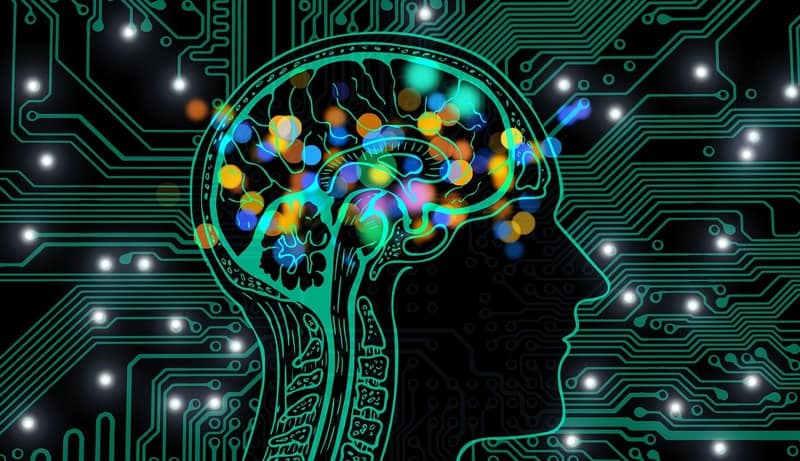Why does a smell trigger a memory? Our brain collects information, like smells and sounds, through our five senses: sight, hearing, touch, taste, and smell. Each of our five senses has its special sensor that sends information through the nervous system to the brain. Each sensor also collects information about our surroundings and sends that to the brain. Here is something to consider: every memory we have is a memory because of our five senses.
Like many other animals, humans use sensory information to navigate our world. Our environment, especially during the holidays, is often full of events, objects, and sensations that can be overwhelming. The Pacific Neuroscience Institute provides a list of suggestions that can help caregivers use the five senses while maintaining everyone’s sanity during the holidays.
We use our senses to determine what a situation entails, and then we use that information to act accordingly. For example, what would you do if you opened your refrigerator and smelled something strange? Most people would look to see what was in their refrigerator that could have spoiled. Then they would confirm it was the milk by opening the carton and smelling it. The senses are how humans perceive the world.
Scientists have been studying the senses for a long time. Aristotle was one of the first scientists to categorize human perception into five sensory categories based on the number of sensory organs. He was one of the greatest philosophers and the first genuine scientist in history. He made pioneering contributions to all fields of philosophy and science, invented the field of formal logic, identified the various scientific disciplines, and explored their relationships.

The brain is the engine that drives our entire body, but it is not just a receiving station for sensory signals. What we see, hear, and feel is constantly shaped by emotions, memories, moods, and beliefs. An article published in Live Science connects the brain’s link between sights, sounds, and smells and tells us that these senses can all evoke emotionally charged memories
Our brain is amazing; it is an organ, weighs about three pounds, has 100 billion neurons, and is the essence of everything that makes us: our intelligence, emotions, memories, and more. The brain receives information through the five senses, interprets these signals, and initiates things like body movement or behavior. Think how fast a signal reaches the brain when you touch or get near something hot.
But the brain isn’t done there – it stores this memory and records your reaction so the next time you approach something hot, you recall your previous experience. Does that recall, or memory, change your behavior?
An article on the Tribute Senior Living website reminds us that our senses create our memories. We either saw something, heard, smelled, tasted, or touched something, which became associated with an action that became a memory. Scientists believe that smell and memory are closely linked because they tend to be older and thought about less often, meaning the recollection is very vivid when it happens. It might not come as a surprise that the sense of smell brings up memories so well that people recall an experience in greater detail than something that happened last Thursday.
